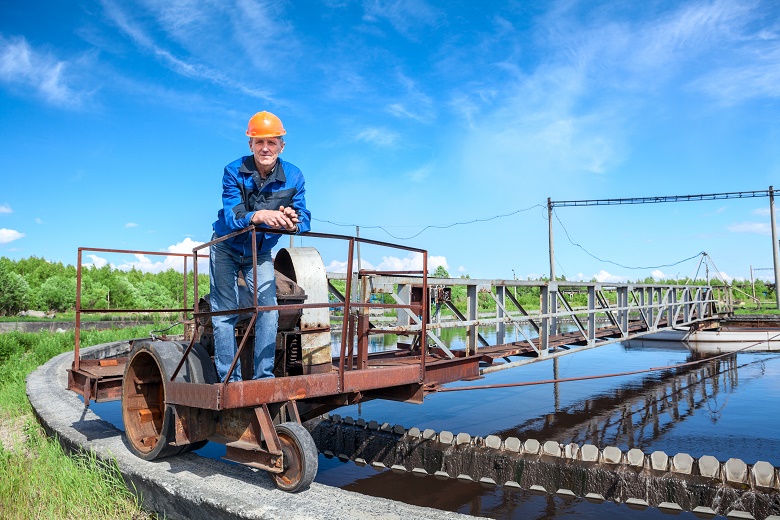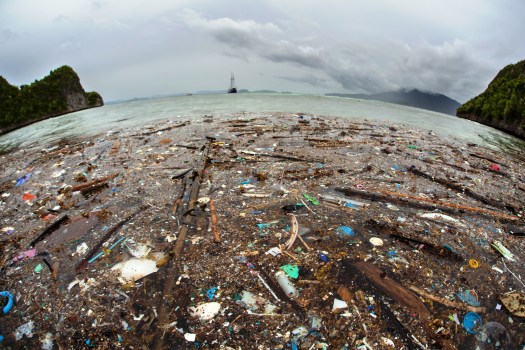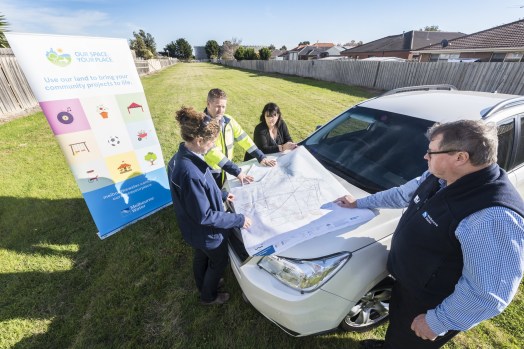
An audit shows Victorian councils are not managing problematic domestic wastewater systems, which an expert says reflects a national problem in need of reform.
The Victorian Auditor-General says that while there has been some progress in wastewater management since the last audit 12 years ago, the system is still plagued by problems.
Victorian Auditor-General Andrew Greaves found 11 of the 16 recommendations in the 2006 report have not been addressed while three have been partly addressed, according to his latest audit, released last week.
While councils are managing new onsite systems well, they are failing to effectively manage under-performing legacy systems that are a risk to public health while the governance of waste water systems is fractured by poor leadership, according to the audit.
There has been “too little progress to sufficiently protect the environment and public health,” and “longstanding issues remain,” the audit said.
The two councils audited, the Yarra Ranges and Mornington Peninsula, were both listed as having high-risk unsewered areas. Neither were found to be effectively managing poorly-performing onsite systems.
Significant gaps in councils’ information about the ongoing performance of systems and their location as well as limitations in councils’ risk assessment processes contributed to the failure, the audit said.
“Because of poor data, there are large gaps in their understanding of the number of onsite systems in their area and how many are not functioning well. This means councils aren’t well placed to understand how great a risk poorly-managed onsite systems are to their municipality.”
The auditor also highlighted the limited collaboration between the Environmental Protection Authority (EPA) and the Department of Environment, Land, Water and Planning (DELWP) as a contributing issue.
Both agencies have an “overly complex, onerous and duplicative” regulatory framework, a lack of clarity around their respective roles and weak enforcement tools that are seeing poor compliance by property owners and councils not held to account.
“The agencies are still not adequately managing the individual and cumulative risks and impacts from poorly performing onsite systems despite their attempts.”
Councils also expressed concern that the extent of compliance tasks exceeded the resources available to council particularly given the unknown number of legacy systems within each council area.
Call for national reform

Dr Stuart Khan, professor of civil and environmental engineering at the University of NSW, said the wastewater system is in urgent need of reform – both in Victoria and in other states and territories.
“The report identifies some major problems with the management of onsite sewerage systems, which need to be corrected because they clearly present risks to public health and the environment,” he said.
Dr Khan said local governments across most Australian states and territories “struggle” to adequately manage wastewater systems:
“Managing waste water is a very big challenge for an organisation that doesn’t have the full suite of skills and capacity in-house. It’s not entirely surprising to see there are problems and failures arising.”
Reform could include equipping local governments through improved resources and training, shifting responsibility to another agency or even outsourcing responsibility to a consultant, he said.
“The simplest solution is to better equip councils to do the jobs we expect of them. I would like to see improved responsibilities to local government and upskilling, not just through money, but through training programs,” Dr Khan says.
The Auditor-General made 15 recommendations, including for the DELWP and EPA to address issues with the regulatory framework and to work collaboratively to improve leadership and oversight of the regulatory framework.
The audited councils should also improve their risk assessment process and compliance, inspection and education programs, the report says, while water authorities must improve collaboration with councils.
Comment below to have your say on this story.
If you have a news story or tip-off, get in touch at editorial@governmentnews.com.au.
Sign up to the Government News newsletter.


